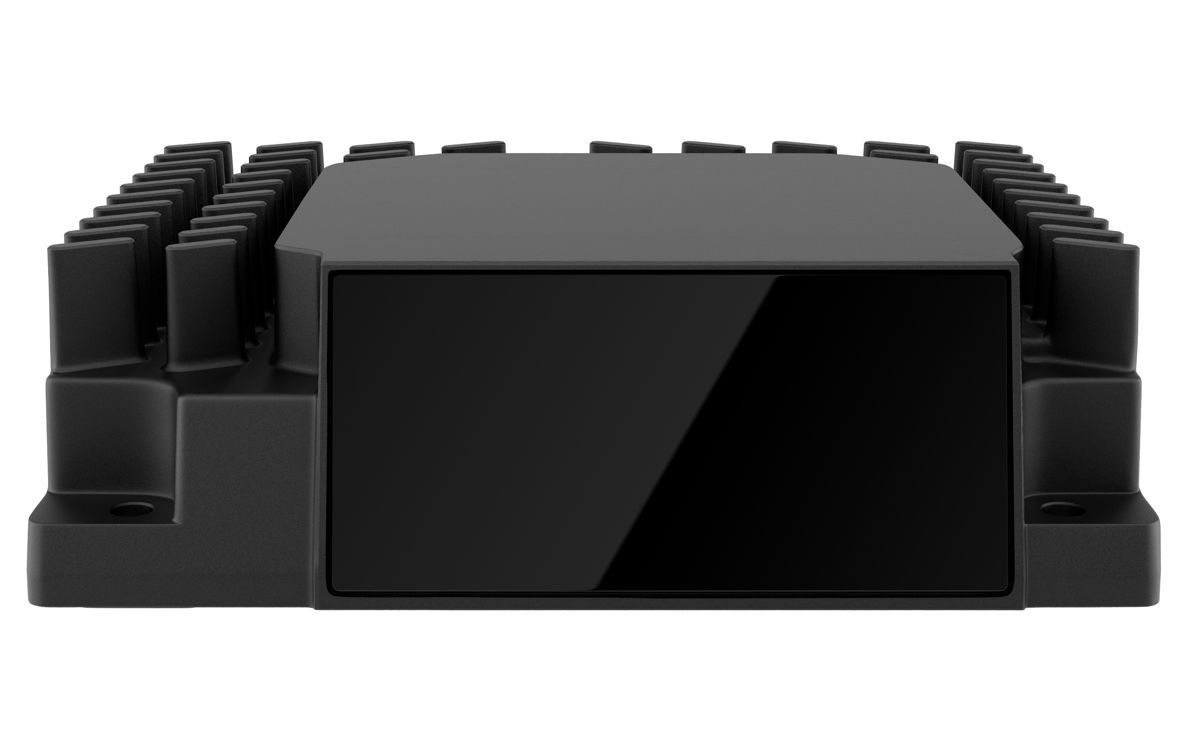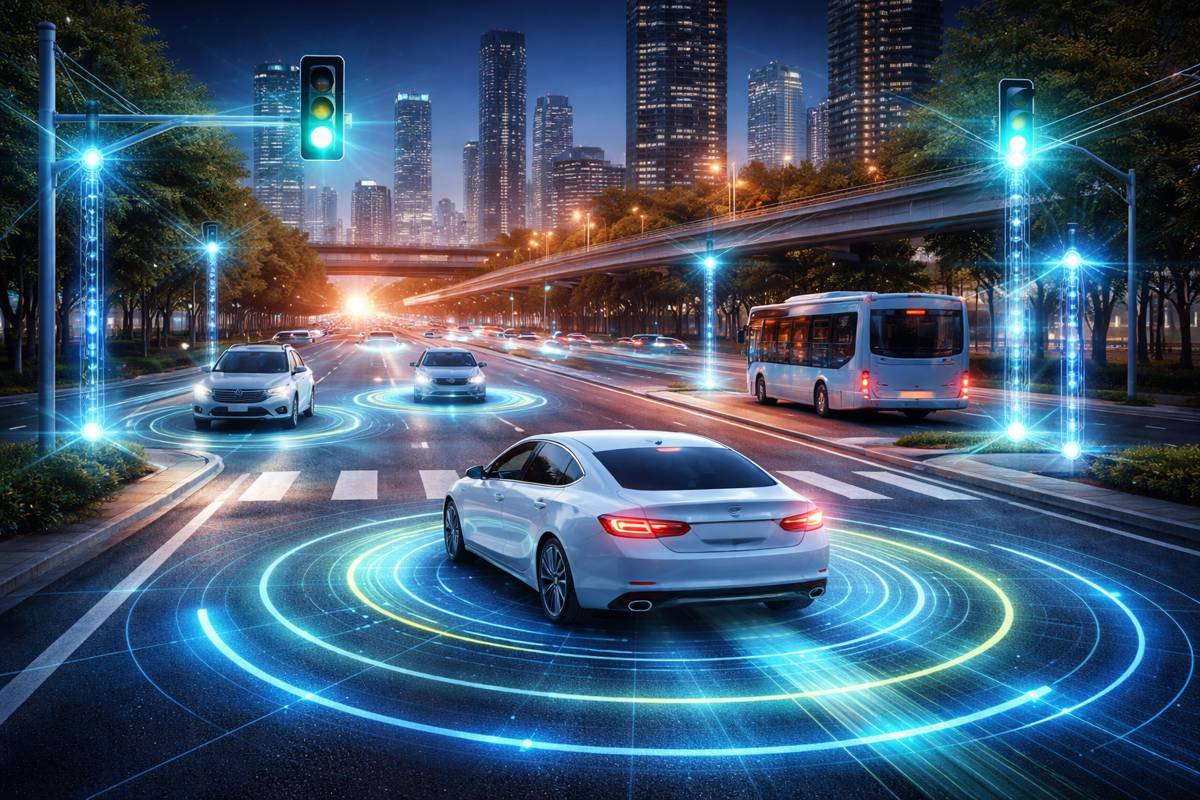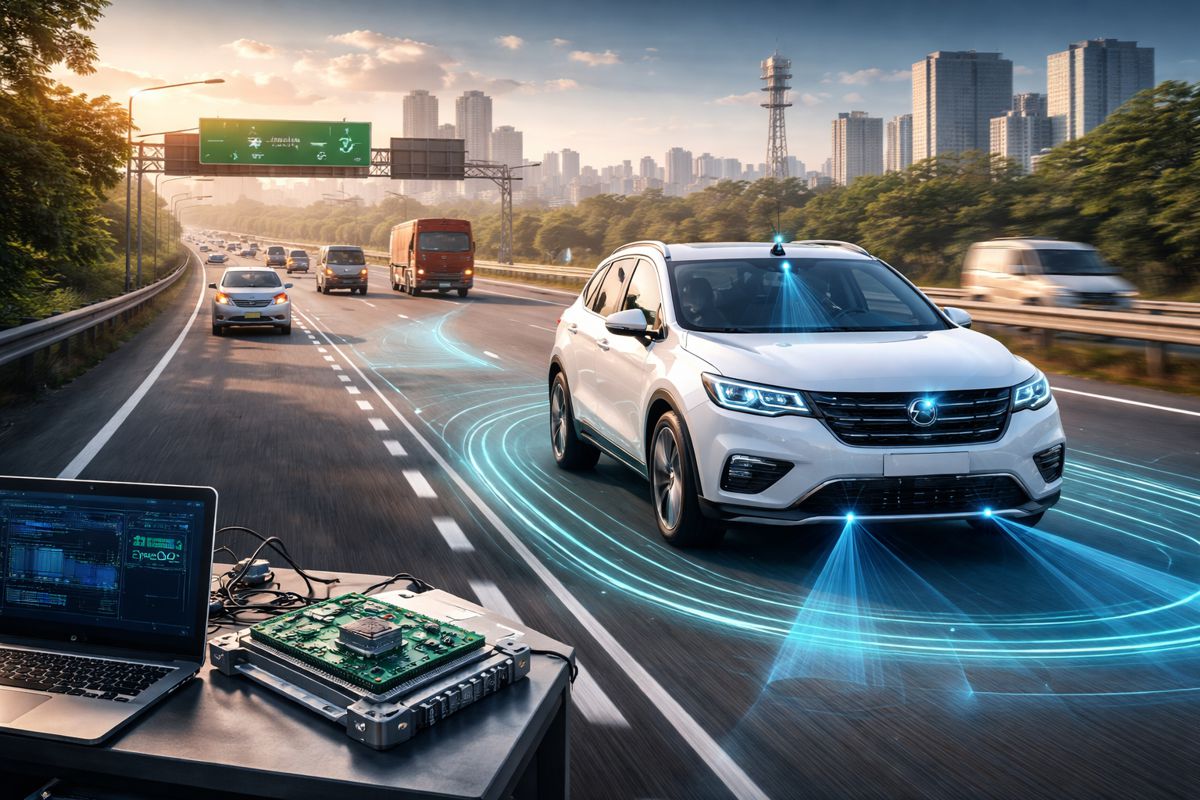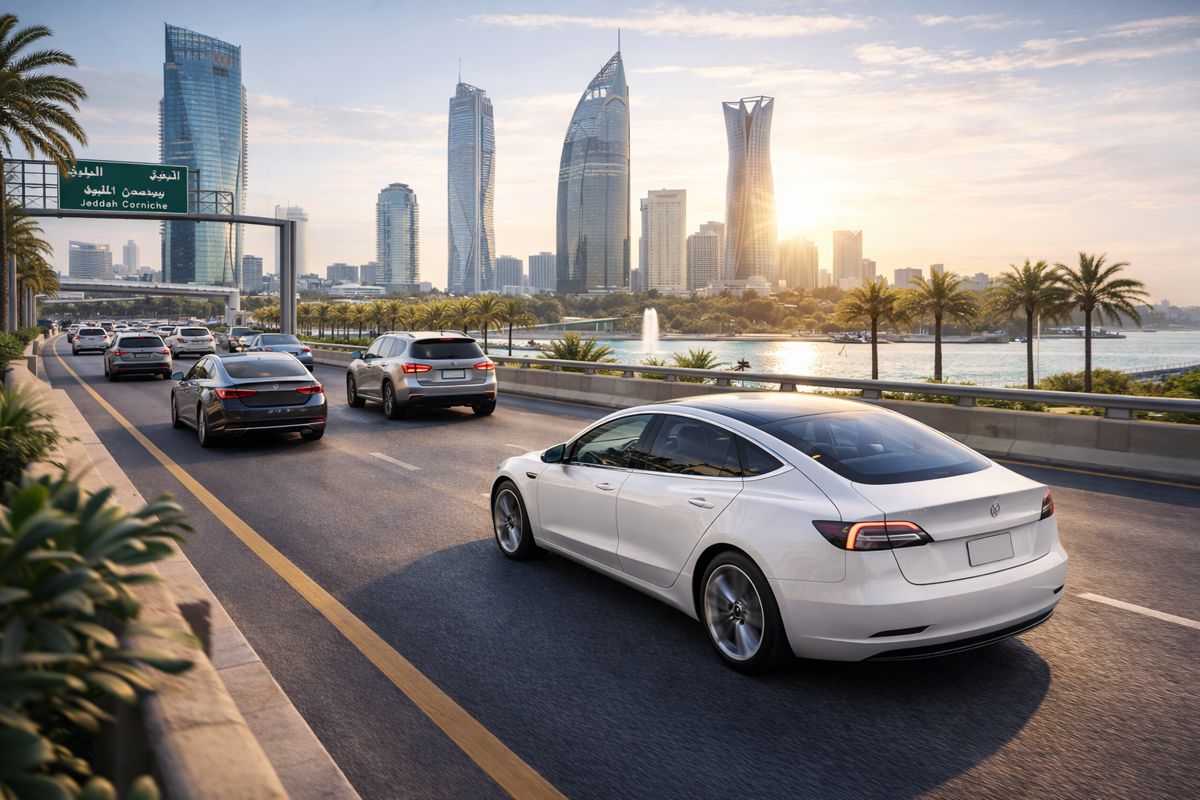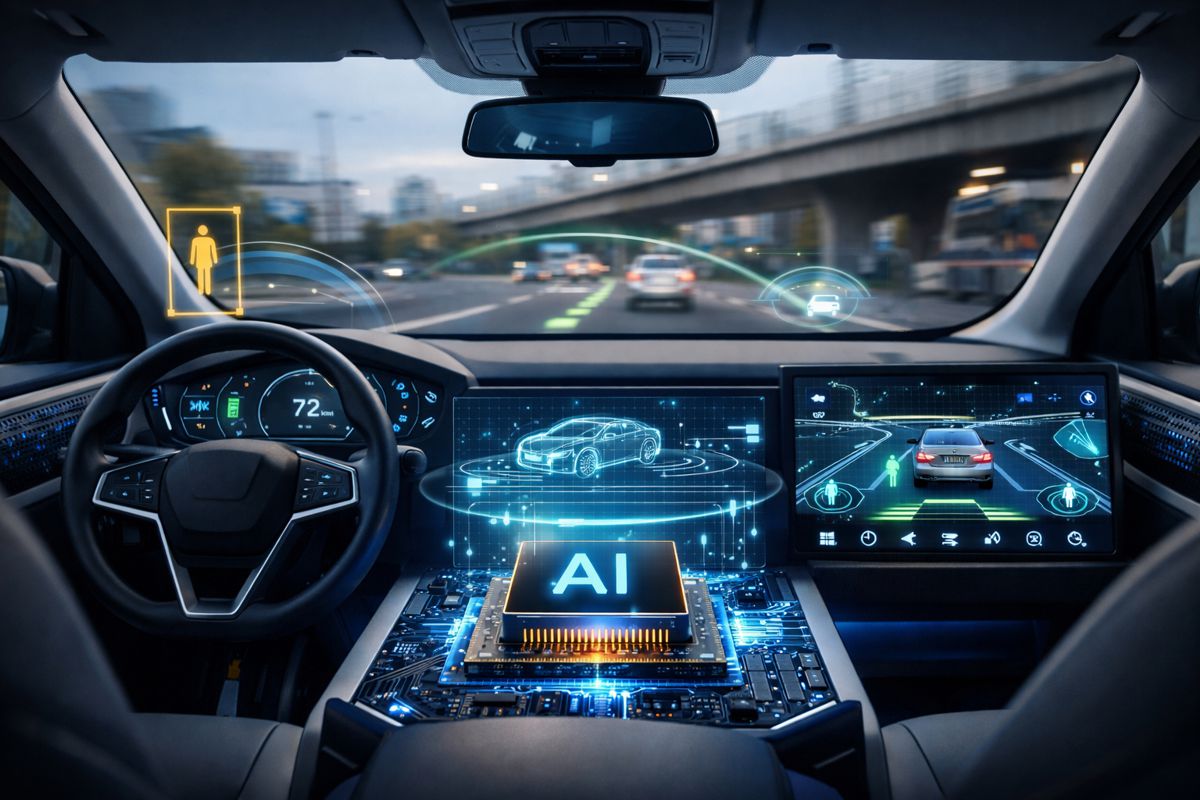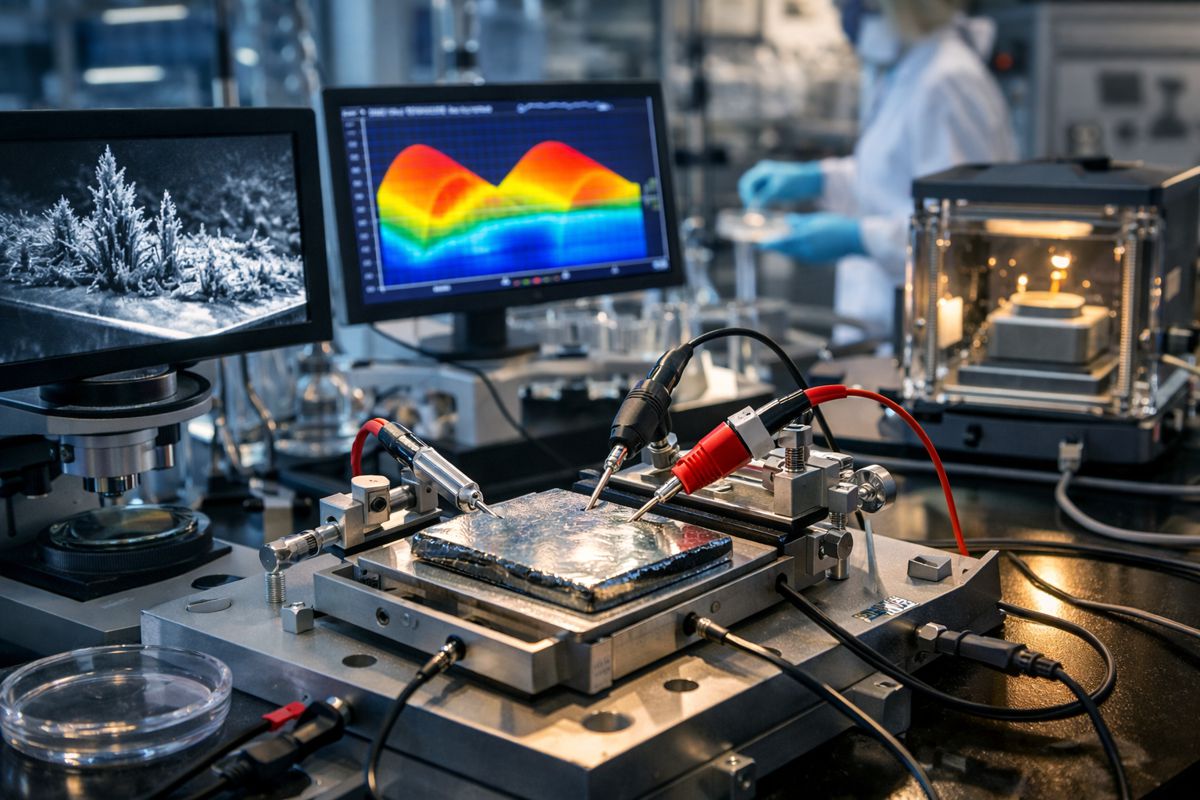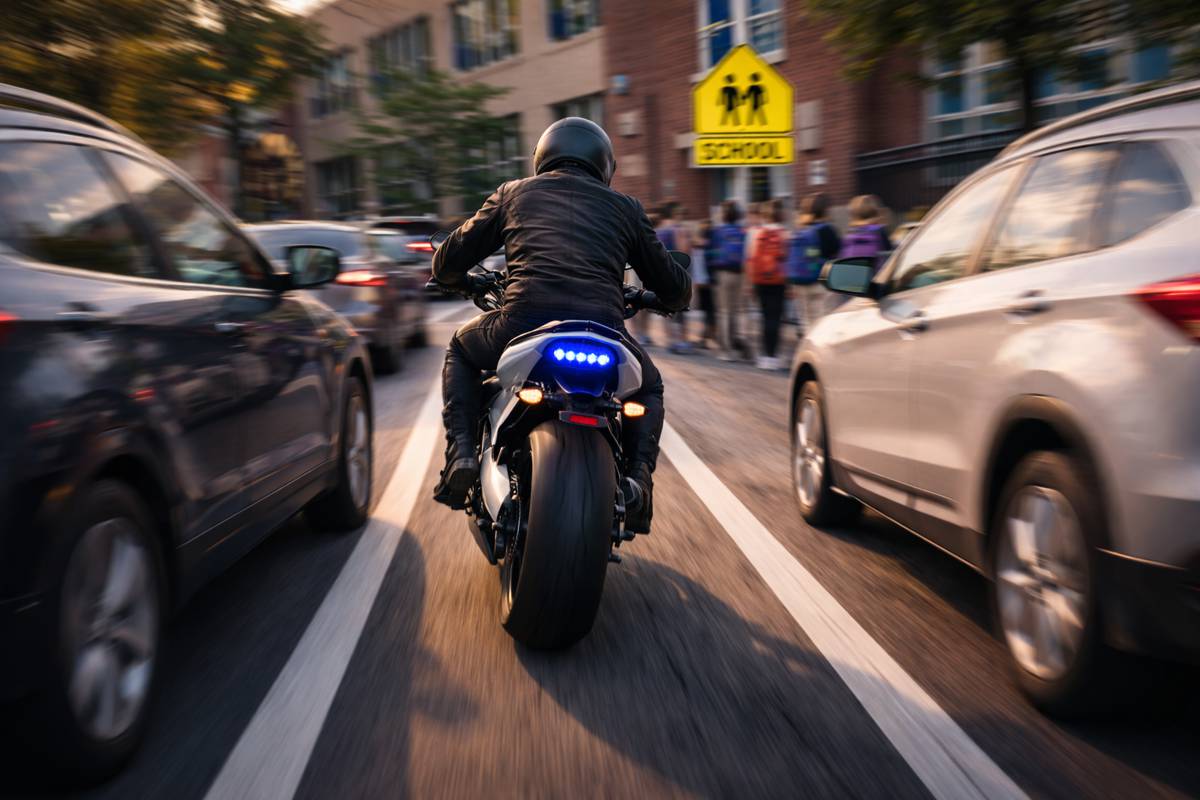Aeva Atlas the first Automotive-Grade 4D LiDAR Sensor for Mass Production
Aeva®, a leader in next-generation sensing and perception systems, today introduced Aeva Atlas™, the first 4D LiDAR sensor designed for mass production automotive applications.
Intended to accelerate the industry’s path to safer advanced driver assistance systems (ADAS) and autonomous driving, and built to meet automotive-grade requirements, Atlas is powered by Aeva’s innovations in custom silicon technology including the Aeva CoreVision™, next-generation Lidar-on-Chip module, and Aeva X1™, a powerful new System-on-Chip (SoC) LiDAR processor.
“We are thrilled to introduce Atlas as the industry’s first automotive-grade 4D LiDAR sensor for mass production in automotive applications,” said Mina Rezk, Co-Founder and CTO at Aeva. “Atlas is the key development that will enable OEMs to equip their vehicles with advanced safety and automated driving features at highway speeds by addressing challenging use cases that could not be solved before. Importantly, we believe it will accelerate the industry’s transition to FMCW LiDAR technology, which we believe is increasingly considered to be the end state for LiDAR, offering greatly enhanced perception solutions that leverage its unique instant velocity data.”
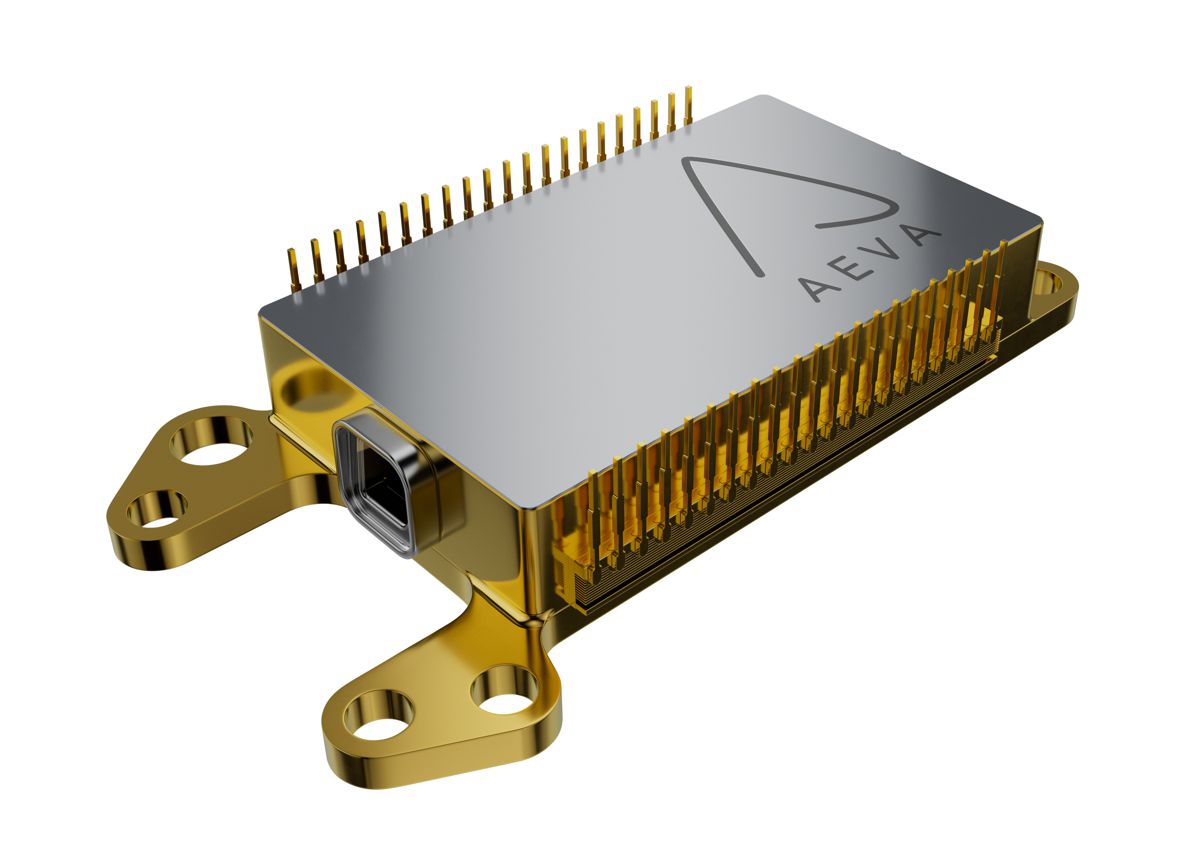
Powered by New Aeva Silicon Innovations
- Aeva CoreVision™ Lidar-on-Chip Module – Designed to strict automotive standards, Aeva’s fourth-generation LiDAR-on-Chip module incorporates all key LiDAR elements including transmitter, detector and a new optical processing interface chip in an even smaller module. Built on Aeva’s proprietary silicon photonics technology, CoreVision replaces complex optical fiber systems found in conventional time-of-flight LiDAR sensors with silicon photonics, ensuring quality, and enabling mass production at affordable costs.
- Aeva X1™ System-on-Chip Processor – Aeva’s powerful new FMCW LiDAR SoC seamlessly integrates data acquisition, point cloud processing, scanning system and application software into a single mixed-signal processing chip. Designed for dependability with automotive-grade functional safety and cybersecurity.
Compact and Power Efficient
Together, Aeva’s new silicon innovations allow Atlas to be over 70% smaller and consume four times (4x) less power than Aeva’s previous generation LiDAR sensor, enabling operation without active cooling and allowing for seamless integrations in-cabin behind the windshield, on the vehicle’s roofline or in the grille.
Industry-leading FMCW Performance
Using Aeva’s unique Frequency Modulated Continuous Wave (FMCW) 4D LiDAR technology, automated vehicles can unlock new levels of safety and vehicle automation by detecting objects faster, farther away, and with higher confidence – instantaneously discriminating between static and dynamic points and knowing the precise velocity of dynamic objects.
Atlas delivers critical requirements for highway-speed driving with a 25% greater detection range for low-reflectivity targets and a maximum detection range of up to 500 meters. Importantly, Atlas sensors are immune to interference from direct sunlight, signals from other LiDAR sensors, and from retroreflective objects like street signs, enabling clear perception across a wide variety of everyday driving scenarios.
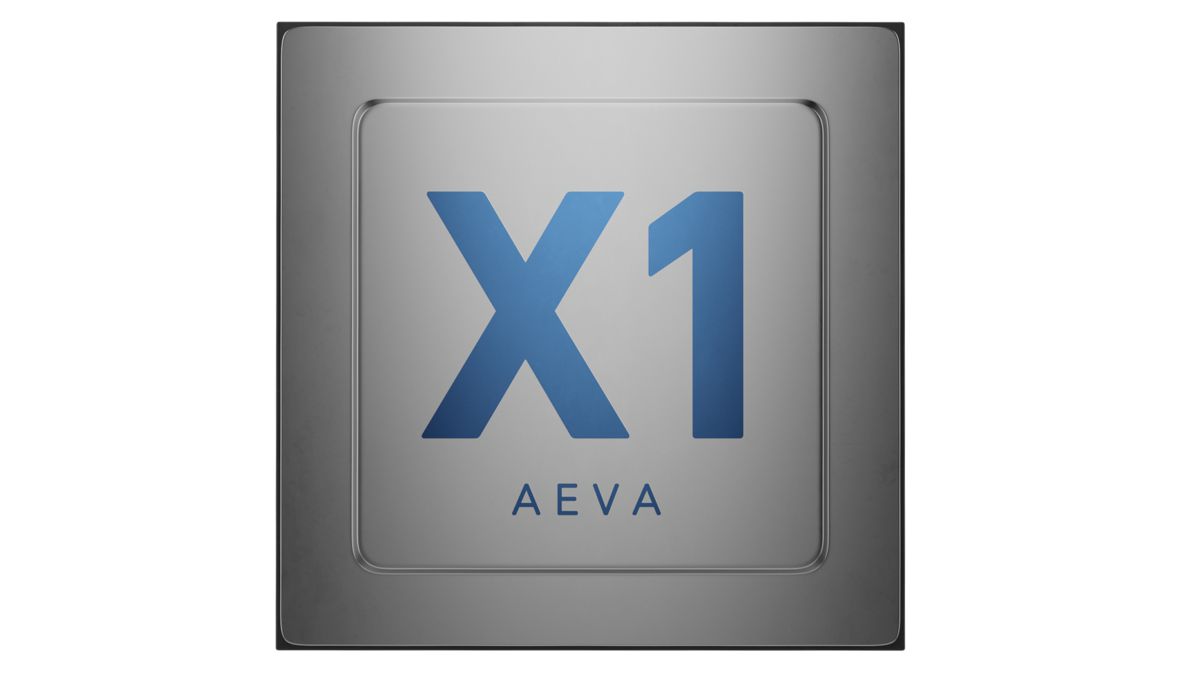
Advanced Perception Capabilities
Atlas is accompanied by Aeva’s perception software which harnesses advanced machine learning-based classification, detection and tracking algorithms. Incorporating the additional dimension of velocity data, Aeva’s perception software provides unique advantages over conventional time of flight 3D LiDAR sensors including:
- Aeva Ultra Resolution™: A real-time camera-like image that provides up to 20 times the resolution of conventional 3D LiDAR sensors.
- Road Hazard Detection: Detect small objects on the roadway with greater confidence at up to twice the distance of conventional 3D LiDAR sensors.
- Dynamic Object Detection: Discriminate, determine the velocity of, and track all dynamic objects with high confidence at up to twice the distance of high-performance 3D LiDAR sensors.
- Vehicle Localization: Estimate vehicle motion in real-time with six degrees of freedom for accurate positioning and navigation without the need for additional sensors, like IMU or GPS.
- Semantic Segmentation: Segment the scene into drivable lanes and non-drivable regions, pedestrians, vehicles and other elements such as traffic signs, vegetation, road barriers and infrastructure.
- Pedestrian Detection: Detect, classify, and track pedestrians to improve safety in use cases where pedestrians are on the roadway or close to curbs.
Aeva expects to release Atlas for production consumer and commercial vehicles starting in 2025, with samples available to select automotive OEMs and mobility customers earlier.
